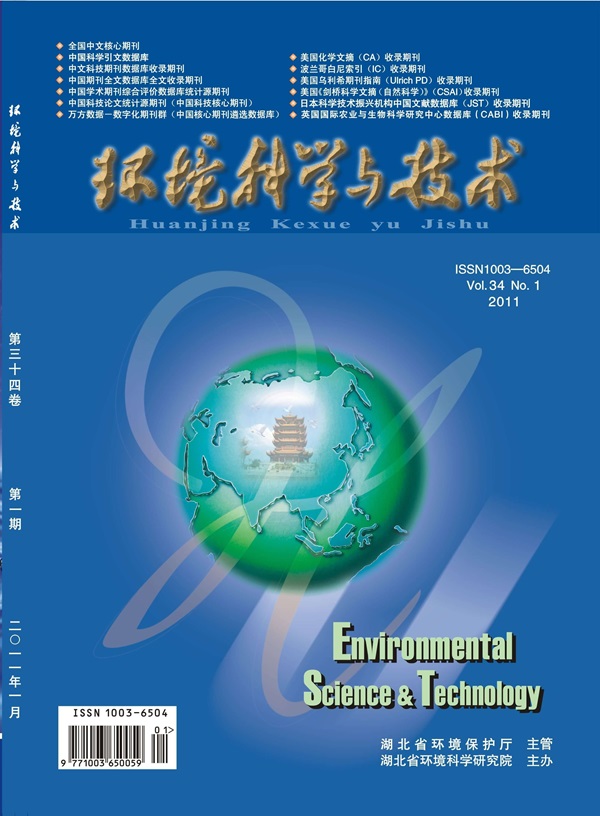术语和用水限制对美国消费者支付可饮用再生水意愿的影响
IF 11.3
1区 环境科学与生态学
Q1 ENGINEERING, ENVIRONMENTAL
引用次数: 0
摘要
快速增长的人口增加了本已紧张的水资源的压力,促使许多城市考虑水循环。对市政当局和消费者而言,实施水循环项目的一个障碍是成本。本研究通过对美国 1000 名个人进行消费者选择调查,评估消费者为饮用再生水付费的意愿,同时考虑术语("纯净水"、"再生水"、"回用水"、"再生水 "和 "处理过的废水")和未来室外浇水限制的影响。对调查回复的分析使用混合对数模型计算了消费者的支付意愿。结果表明了术语对消费者支付意愿的重要性,以及美国各城市对 "纯净水 "这一术语的偏好的一致性。消费者也愿意为可饮用的再生水付费,以避免或减少用水限制,尽管幅度很小。从常用的 "再生水"(一个不太受欢迎的术语)转向 "纯净水",有望提高消费者对完全相同产品的接受度和付费意愿。我们的研究结果表明,在公众沟通和政策讨论中,尤其是在成功设计和推广居民用水管理项目中,术语是多么重要。本文章由计算机程序翻译,如有差异,请以英文原文为准。

Impact of Terminology and Water Restrictions on Consumer Willingness to Pay for Potable Recycled Water in the U.S.
Rapidly growing human populations are increasing the strain on already stressed water resources, prompting many municipalities to consider water recycling. One barrier to the implementation of water recycling projects is the cost, for both the municipality and the consumers. This research uses a consumer choice survey of 1000 individuals in the United States to evaluate consumer willingness to pay for potable recycled water, considering the impact of terminology (“purified water,” “recycled water,” “reused water,” “reclaimed water,” and “treated wastewater”) and future outdoor watering restrictions. Analysis of survey responses calculated consumer willingness to pay using mixed logit models. Results demonstrate the importance of terminology on consumer willingness to pay and the consistency of preference for the term “purified water” across cities in the United States. Consumers were also willing to pay for potable recycled water to avoid or reduce water restrictions, although the magnitude was small. Shifting from the commonly used “recycled water,” a less preferred term, to “purified water” is expected to increase both consumer acceptance and willingness to pay for the exact same product. Our results demonstrate how important terminology can be in public communication and policy discussions in general and in the successful design and promotion of residential water management projects in particular.
求助全文
通过发布文献求助,成功后即可免费获取论文全文。
去求助
来源期刊

环境科学与技术
环境科学-工程:环境
CiteScore
17.50
自引率
9.60%
发文量
12359
审稿时长
2.8 months
期刊介绍:
Environmental Science & Technology (ES&T) is a co-sponsored academic and technical magazine by the Hubei Provincial Environmental Protection Bureau and the Hubei Provincial Academy of Environmental Sciences.
Environmental Science & Technology (ES&T) holds the status of Chinese core journals, scientific papers source journals of China, Chinese Science Citation Database source journals, and Chinese Academic Journal Comprehensive Evaluation Database source journals. This publication focuses on the academic field of environmental protection, featuring articles related to environmental protection and technical advancements.
 求助内容:
求助内容: 应助结果提醒方式:
应助结果提醒方式:


